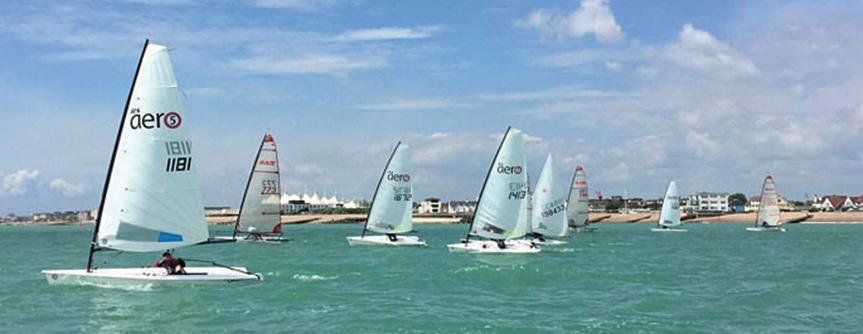
2 minute read
FROM AFRICA TO wEST SUSSEX
By AlICE MCDOUGAll (RSPB volunteer)
If you visit Pagham harbour or Medmerry at this time of year, there are a number of summer visitors you are likely to see (or hear) that have made that long journey from Africa to breed here.
Advertisement
The wheatear was once considered a delicacy – thankfully we don’t eat songbirds anymore but they are a charming sight to enjoy. you may spot this ground dweller hopping and pecking on the beach or grassland, seeking out a meal of ants, beetles, spiders or wasps. It’s a striking yet delicate little bird about the size of a robin, distinguishable by its white rump and pale orangeytan coloured breast. They don’t spend long here though and will soon fly further north.
The cuckoo – we usually hear it before we see it, typically in mid-April. Sadly your chances of seeing or hearing one have decreased rapidly in recent years as there are now over 50 per cent less than there were in 1995. loss of hedgerows and diminishing insect populations are part of the reason, but scientists are also looking at the role their migratory route has in this decline.
Northern wheatears (this is a male, with its distinctive black Zorro ‘mask’) are among the first summer breeding birds to arrive on our coasts from mid- to late March onwards, but they don’t stay – they soon head inland, west and north to their moorland and upland breeding grounds.

The swift is another bird which will be arriving in late April / early May. There is something beguiling about their eerie scream as they swirl around high above us. when you consider that they can fly at seventy miles an hour in a straight line, spend up to 200 days in the air and are able to eat, sleep and mate on the wing, we can admire them for very good reasons.
Other spring visitors you might spot are warblers such as the reed warbler, willow warbler (for a short time before they fly further inland) and sedge warbler. These exquisite birds may be small and dainty but their size belies their endurance. The reed warbler, for example, can make this journey in one single flight without stopping, flying four miles high in the sky and arriving back at exactly the same spot they left.
So next time you are pondering over an OS map or trying to make sense of your sat nav, spare a thought for our intrepid summer visitors, some of which have travelled over 5000 miles to get here.
Why not join us on one or our guided walks this month to look for our returning summer birds and spring migrants, perhaps even including some rare visitors? Find out more by visiting our website https://events.rspb.org.uk/paghamharbour or call 01243 641508.
To contact BERSTED IN FOCUS please email: office@infocusmagazines.co.uk
Bersted



Every Friday










